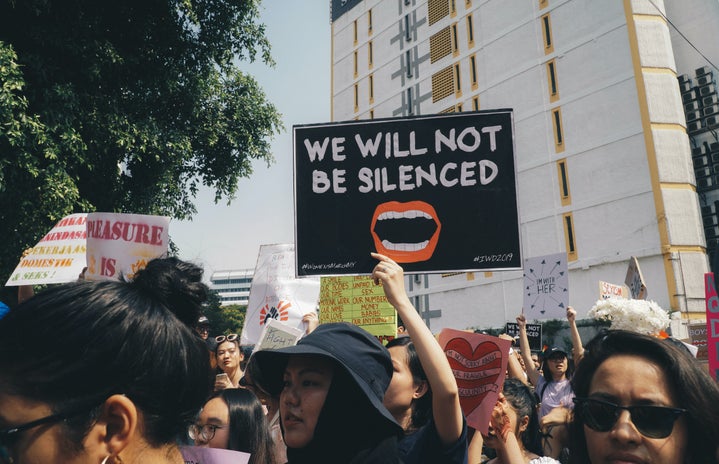On May 3, Oklahoma passed the “Heartbeat Act” has passed, and women are in critical danger according to a May 3 New York Times article. This isn’t surprising considering Oklahoma passed a similar bill in April that would ban abortion altogether, except in cases where the pregnant woman is endangered by carrying their child according to the same New York Times article.
Oklahoma has modeled its strict regime to ban abortion after Texas itself which only allows women to conduct an abortion if it has been less than six weeks since that is when the fetus’s heart begins to beat according to a Sept 1, 2021 New York Times article.
Oklahoma Governor Kevin Stitt previously signed the birth certificate bill which prohibited non-binary gender on birth certificates in Oklahoma; The “Heartbeat Act” does not take into consideration women who have been raped and been victims of incest according to a April 27 NPR article.
These laws mean that women may have to travel out of state for an abortion only if they can afford it. Others might resort to at-home abortions which are risky, even fatal.
But what most news sources have not covered is the fact many women from other states go to Oklahoma for their abortion care. This latest law affects women who don’t reside in Oklahoma.
The current Roe V. Wade decision has been overturned, meaning abortion rights are no longer constitutional. That being said sources such as Planned Parenthood are not backing down, and are sticking to the facts. The facts are that 36 million women who become pregnant may lose their access to an abortion. But that does not stop the unfortunate prosecution of those who may illegally perform an abortion on themselves, or others.
What next? Check out your state’s stance on abortion. The state’s laws would dictate whether or not you would have access to an abortion. States such as Michigan are having their abortion rights upheld by Michigan Gov. Gretchen Whitmer (D). Meaning at each State’s election they will decide control of a state legislature. This in turn will affect the stance of the state.
What to do in the meantime? There are many things we can do in the next months to support those who may need an abortion. For starters, emergency contraceptives will be in higher demand. Meaning there may be fewer in stores, so it is important to demand more emergency contraceptives from your local drug store. Next order emergency contraceptives online, preferably in bulk. By doing so we can keep contraceptives in stores to be used for dire emergencies.
If you want to consider helping someone in need of abortion there are also many things you can do. If they are traveling out of state you can offer them gas cards, plane mileage, hotel points, and even a place to stay. Going on the internet to figure out your resources, and printing them out as well will save you a lot. Internet sites that may be up now might be taken down. If you are in need of an abortion keep the information private by using apps like WhatsApp, Signal, Zphone, and Jitsi. But not using apps like Skype, and Google Hangout. Use alternate emails that are not connected to your account. All in all, keep yourself safe, prepared, and protected. Sourced ideas from TikTok
Access to Mifepristone, a pill that would be deemed banned, might actually still be around. It’s unlikely that state governments will be any more effective at eliminating access to mifepristone. This is because it’s approved by the Food and Drug Administration. Either way, if they did, places that ban marijuana, cocaine and other drugs already have a difficult time preventing the distribution of these drugs. So women would find a way.
As of now, we can only hope things change once again, as it is the end of Roe V. Wade, but we will not back down without a fight. This battle is now among the State Legislatures, and it is our job to keep republicans out of the house.
Do you know other helpful resources? Share them with us @HerCampusSJSU


